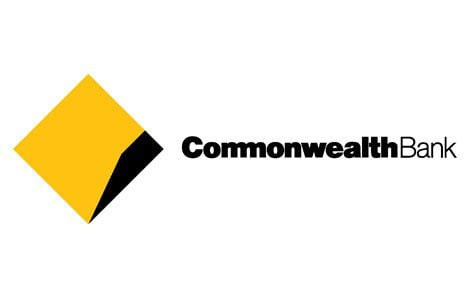The ‘Buy Now Pay Later’ trend has over the years become a mainstream shopping and transaction process. Earlier it was only some retailers who gave their consumers a chance to buy now and pay later. This payment was scheduled and spread over a specific period of time. These installments were generally interest-free for some time, and then interest was charged on them. Some retailers charged interest from the first installment itself. Then came the third-party lenders, like Afterpay and Zippay, which have become very big in the field of financing and lending.

These are among the many third-party finance companies which have flooded the markets. Clever Shop List reports that 27% of online purchases in Australia are now being made with Buy Now Pay Later services. Each one is offering great deals and options to the consumers and trying to get a hold of the market. Afterpay and Zippay both have become very popular with new-age consumers who believe in buying now and paying later.
Though both these lenders advertise interest-free lending amounts, in actual terms they are charging money from both, retailers as well as consumers. This is a very profitable business model, and that is why so many lending and finance companies are jumping on the bandwagon.
The Commonwealth Bank Ventures into BNPL Business
Now it is the Commonwealth Bank that is taking on these two financial giants. The Commonwealth Bank is bringing another big fin-tech company Klarna as their partner. It is a Swedish company and is probably the biggest private fin-tech company in Europe. By partnering both Klarna and the Commonwealth Bank hope to achieve a unique position. Klarna would love to enter the huge Australian and New Zealand market and use its experience in the European markets.
The Commonwealth Bank is a bank but has no experience in the ‘buy now pay later’ business. With changing times, the banks have to change their strategies and constantly innovate and evolve to keep up with the times. This partnership is ideally positioned to give tough competition to both Afterpay and Zippay. The main features of this partnership are:
- The Commonwealth Bank, which is the largest bank in Australia, has made an investment to the tune of USD 100 million into the Swedish company Klarna. The Commonwealth Bank will be the exclusive partner of Klarna in Australia and New Zealand.
- Klarna serves over 60 million consumers and handles more than 1 million transactions every day.
- The valuation of the group is much more than that of its competitors like Afterpay and Zippay.
- The Commonwealth Bank will launch an app for this business.
- The Commonwealth Bank is projecting Klarna as a ‘leading global payment provider’ and the partnership as more than just a ‘buy now pay later’ product.
- The Commonwealth Bank is the first bank of the major banks in Australia to take this step and jump into the BNPL business.
- Klarna is launching many products and services tailored to suit the Australian and New Zealand Markets. They recently launched a shopping app that allows users to shop online at any store.
- The Commonwealth Bank is a traditional bank and realizes that to target the millennial; they need to change their strategies. Partnering with Klarna allows them that flexibility.
- Afterpay and Zippay are not traditional banks. Their model is different from the Commonwealth Bank model. Only time will tell as to who will succeed.
There have been concerns about the “Buy Now Pay Later’ business model. The governments are concerned about the business practices of these finance companies. Generally, the consumers who avail of these schemes are already vulnerable and could get easily trapped in the vicious interest circle.
The Australian Parliament has raised this issue and wants certain regulations to be set in place. As the largest bank in Australia, the Commonwealth Bank wields a lot of power and influence. It has given indications that it would like more regulations in this sector.
The traditional banks have always worked under strict regulations, and the Commonwealth Bank wants to continue with the same in the ‘BNPL’ sector. When it comes to Afterpay and Zippay, they are not traditional companies. They are following their own business models and constantly changing and evolving. They feel that their strength is in being non-traditional. Their view is that if there is too much regulation, the real purpose of this business will be lost.
If too much time is wasted in the processing and checking before lending, then they may lose out on the consumers. The new generation of people believes in quick processes. They are impatient and want everything right now. “BNPL” plays on this sentiment.
It still bewilders a lot of old people to see this business model flourish in such a big way. Traditional businesses that worked for years to reach a certain position cannot see companies like Afterpay become so hugely successful in such a short time and that too without having any products as such. They have tapped into the millennial way of thinking. The Commonwealth Bank has realized that this is a big market for them and is moving in fast to take advantage.






